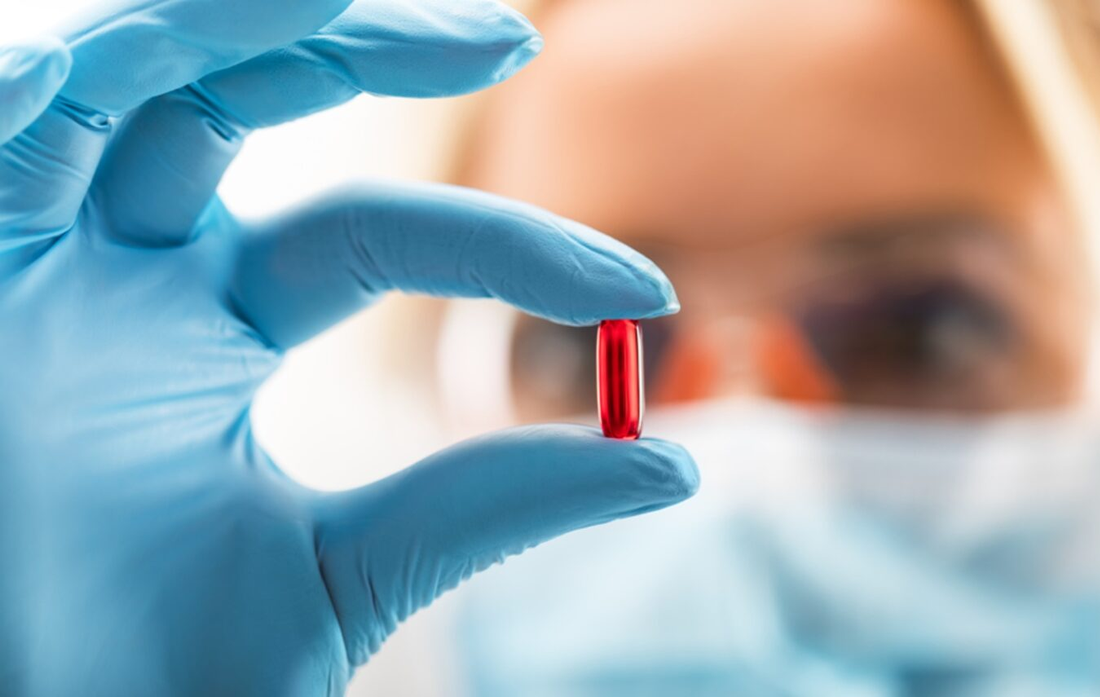Regenerative Medicine News and General Information
New Drug for Patients with Difficult Control of High Blood Pressure
High blood pressure is the main cause of strokes, and a common cause of heart attacks and kidney failure. In most people with the condition, the cause is unknown, and they need life-long treatment through drugs.
High blood pressure is one of the most common conditions among adults in the UK, roughly a third of adults suffer from it. In recent years, it has become clear that in 5-10 per cent of people with it is a gene mutation in the adrenal glands, which results in excessive amounts of the steroid hormone, aldosterone, being produced. This amounts to potentially more than 500,000 people in the UK.
Aldosterone causes salt to be retained in the body, driving up the blood pressure. Patients with excessive aldosterone levels in the blood are resistant to treatment with the commonly used drugs for hypertension.
Aldosterone synthase controls the synthesis of aldosterone and has been a pharmacologic target for the treatment of hypertension for several decades. Selective inhibition of aldosterone synthase is essential but difficult to achieve because cortisol synthesis is catalyzed by another enzyme that shares 93% sequence similarity with aldosterone synthase.
A new drug called Baxdrostat has been shown to significantly reduce high blood pressure
The trial, conducted over 12 weeks, gave 248 patients either a once daily dose of Baxdrostat at varying amounts or a placebo. At entry to the trial, none of these patients’ blood pressure was controlled despite taking 3 or more medicines for high blood pressure. The doses of Baxdrostat, taken in addition to patients’ usual medicines, varied from 2mg, to 1mg, to 0.5mg. At the end of the 12 weeks, the group who received the highest amount of Baxdrostat saw a 20-point fall in blood pressure. There was an 11-point difference between this group and that which received the placebo treatment, a difference rarely seen in any single drug to reduce blood pressure.
Baxdrostat works by preventing the body from making aldosterone, a hormone which regulates the amount of salt in the body. Baxdrostat suppressed blood and urine levels of aldosterone. The study shows the drug causes a marked fall in blood pressure in patients whose hypertension is resistant to usual drugs, and that this type of hypertension is partly due to excess production of the aldosterone hormone.
The obstacle to development of such a drug has been matching the drug’s target — the enzyme which makes aldosterone, with another enzyme, which makes the essential steroid hormone, cortisol.
SOURCE:
Mason W. Freeman, Yuan-Di Halvorsen, William Marshall, Mackenzie Pater, Jon Isaacsohn, Catherine Pearce, Brian Murphy, Nicholas Alp, Ajay Srivastava, Deepak L. Bhatt, Morris J. Brown. Phase 2 Trial of Baxdrostat for Treatment-Resistant Hypertension. New England Journal of Medicine. Retrieved from: https://www.nejm.org/doi/10.1056/NEJMoa2213169
IMAGE:
https://static.israel21c.org/www/uploads/2020/05/shutterstock_707493547-1520×855.jpg

